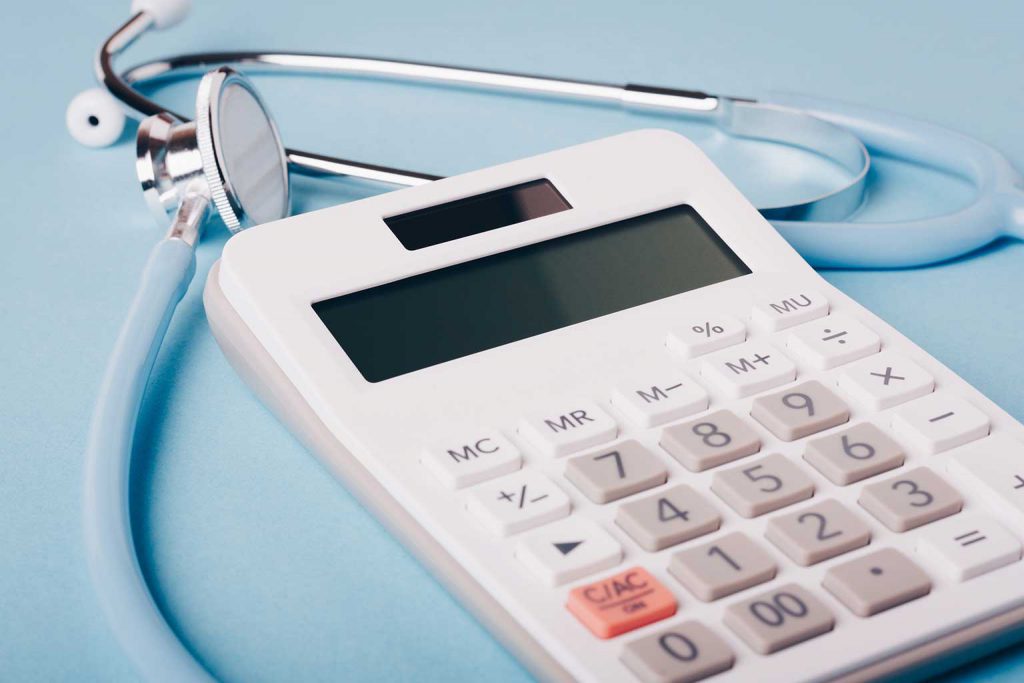Getting a grip on what fundamental medical insurance terms are and how they work in real-life situations can help you get the right medical insurance plan that meets your medical requirements and the needs of your loved ones.
Therefore, here we have put together a guide to what a premium in health insurance is and how it works.
Table of contents

Premium in Health Insurance Definition
A premium in medical insurance is an amount you pay to get medical coverage which includes medical benefits depending on your choice. More benefits covered means higher premiums. The premium can be paid either monthly, annually or bi-annually relying on your selection.
How does a premium in health insurance work?
Suppose you have been doing research on costs of medical insurance plans and eventually end up going with a specific plan that costs you USD 200 a month. This USD 200 monthly amount is your premium in health insurance.
You need to pay this amount in full every month in order for your medical coverage (which includes all of your medical benefits that you selected when buying a medical insurance policy) to stay active.
If you pay your premium by yourself for your individual and family insurance plan, you will directly get the monthly bill. On the other hand, if the company you are working for provides you with a group health insurance plan, your employer will pay the insurance plan for you.
However, this means either your employer pay the amount for you fully or pay the majority of the amount and you have to take care of the rest of the total health insurance premium whereby the amount is frequently deducted from your pay check every month.
Keep in mind that most large employers cover the medical costs of their staff members directly by contracting with a health insurance provider merely to manage the group medical insurance plan.
What are some factors that affect a premium in health insurance?
1. Type of Health Insurance Policy
Health insurance policies that cover chronic conditions will have higher premiums than those that are able to cover only more acute diseases or mild medical conditions. Additionally, an individual health insurance policy will cost less than a medical insurance plan that covers more than a single person. In other words, more dependants mean higher premiums for your policy.
2. Age
As a matter of fact, the younger you are, the less expensive your health insurance premiums will be.
This is simply due to a risk calculation of health insurance. The older you are, the higher chance that you are getting ill and likely to file more claims which pose a higher risk for the health insurer. Therefore, your health insurance premiums go up in this case.
3. Gender
As a golden rule, women pay less for health insurance than men because women typically live longer on average than men. This is why ladies are perceived as a lower health insurance risk than men by health insurance companies.
Apart from the healthspan, men tend to have more hazardous jobs and higher-risk hobbies such as drinking alcohol and taking drugs or even driving beyond speed limits.
It is true that not every gent has a construction-related job and has an alcoholic issue. However, health insurance premiums are calculated based on averages, not individually.

4. Medical history (Pre-existing Medical Conditions)
The healthier you are, the lower your premiums will be. A health insurance policy with the requirement of a medical exam is typically less expensive than the simplified one where no medical exam is needed
The reason is that in this case the health insurance provider is taking an unidentified risk so premiums are higher accordingly.
You are advised to be open and honest about your medical history by declaring all of your diagnosis, surgery and prescription. If the health insurance company found out that you did not do so, your medical claim would not get approved.
5. Drinking and smoking status
The more heavily you drink or smoke, the higher health insurance premiums will be. This is simply because heavy consumption of alcohol or heavy smoking lead to a higher chance of developing various medical conditions causing a higher risk for the health insurance companies and hence a higher premium for you.
6. Location
If you live in a country with a high risk that involves war, terrorism or natural disaster or tropical diseases, your health insurance premiums will become higher in this regard.
7. Payment schedule
The fewer payments that you are able to make, the lower your health insurance premium will be. If possible, select the option of paying premiums on an annual basis or a quarterly basis to save on your health insurance cost.
How to lower health insurance premiums
If you consider buying health insurance for yourself and your family and would like to save on the health insurance premiums, you can read our article on how to do so here.
Takeaway
Knowing what principal health insurance terms are and how they work is really important. Premiums in health insurance is a key thing you need to be mindful of. The reason is that it is going to help you make better decisions when it comes to selecting the right medical insurance plan that perfectly suits your needs and the needs of your loved ones.


